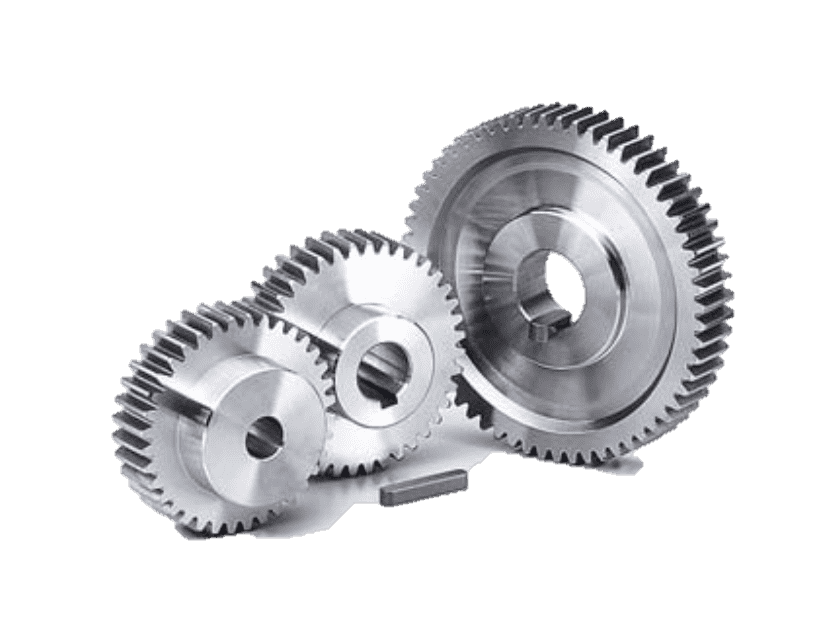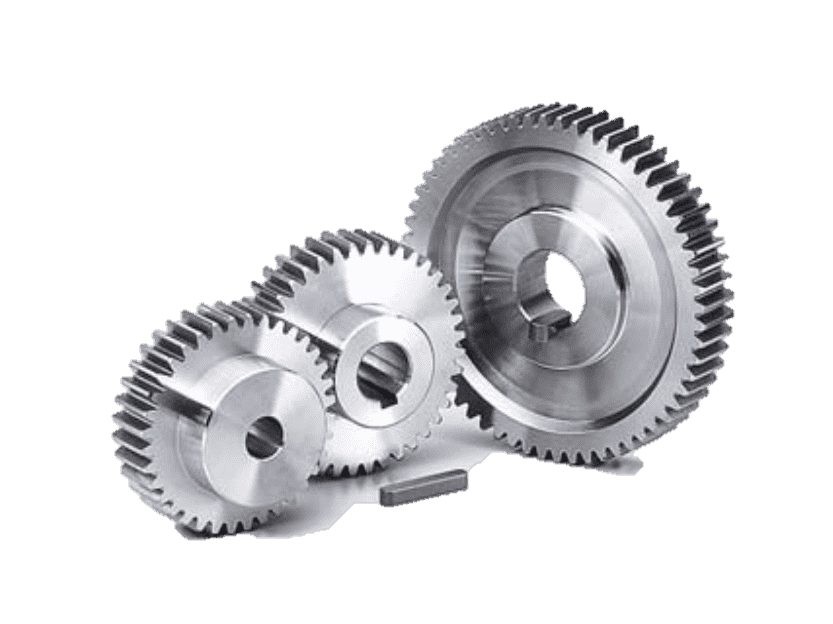How Precision Gears Are Manufactured in India

How Precision Gears Are Manufactured in India: A Comprehensive Overview
Precision gears are the backbone of modern machinery, enabling torque transmission, speed control, and motion synchronization in industries ranging from automotive and aerospace to robotics and renewable energy. In India, the manufacturing of these critical components combines traditional engineering practices with cutting-edge technologies, positioning the country as a global hub for high-quality gear production. This article explores the intricate process of precision gear manufacturing in India, highlights key statistics, and showcases Filium Enterprises, a leading supplier renowned for innovation and reliability in this sector.
The Manufacturing Process of Precision Gears
The production of precision gears involves multiple stages, each requiring meticulous attention to detail and adherence to strict quality standards.
-
Design and Engineering
- Advanced software like CAD (Computer-Aided Design) and CAM (Computer-Aided Manufacturing) is used to create gear models tailored to specific applications. Parameters such as module size, pressure angle, and tooth profile are optimized for performance.
- Finite Element Analysis (FEA) simulates stress distribution to ensure durability under operational loads.
-
Material Selection
- High-grade materials like alloy steels (e.g., EN8, EN24), stainless steel, and non-ferrous metals (e.g., brass, bronze) are chosen based on strength, wear resistance, and application requirements.
-
Machining Processes
- Gear Hobbing: A hob tool cuts teeth into the gear blank using rotational motion, ideal for spur and helical gears.
- Gear Shaping: Used for internal gears, this process involves a reciprocating cutter to shape teeth.
- CNC Machining: Computer Numerical Control (CNC) ensures micron-level accuracy, especially for complex geometries like bevel or planetary gears.
- Grinding and Lapping: Post-machining processes enhance surface finish and dimensional precision.
-
Heat Treatment
- Techniques like carburizing, nitriding, or induction hardening improve surface hardness and fatigue resistance.
-
Quality Control
- Coordinate Measuring Machines (CMM), optical comparators, and gear testers (e.g., Gleason machines) verify dimensional accuracy.
- Noise and vibration testing ensures smooth operation under load.
-
Finishing
- Deburring, shot peening, and coating (e.g., zinc, Ni-PTFE) enhance longevity and corrosion resistance.
India’s Precision Gear Manufacturing Landscape
India’s gear manufacturing sector has grown exponentially, driven by robust demand from domestic and international markets.
Key Statistics
- The Indian gear and gearing equipment market was valued at USD 10.2 billion in 2022 and is projected to grow at a CAGR of 8.3% through 2030 (IBEF).
- The automotive sector accounts for 65% of gear demand, spurred by rising vehicle production and electric vehicle (EV) adoption.
- India exports gears worth USD 1.8 billion annually, with major markets in the U.S., Germany, and Southeast Asia.
- Government initiatives like Make in India and the Production-Linked Incentive (PLI) scheme have attracted $2.4 billion in investments for advanced manufacturing.
Technological Advancements
Indian manufacturers are adopting Industry 4.0 technologies:
- AI-driven predictive maintenance reduces downtime.
- IoT-enabled CNC machines improve real-time monitoring.
- Robotic automation streamlines high-volume production.
Filium Enterprises: A Leader in Precision Gear Manufacturing
Filium Enterprises has emerged as a trailblazer in India’s precision gear industry, delivering custom solutions for sectors like defense, aerospace, and wind energy. Established in 2005, the company combines engineering excellence with sustainable practices.
Key Contributions
- Advanced Capabilities: Filium leverages 5-axis CNC machining and AGMA/ISO-certified processes to produce gears with tolerances as tight as ±2 microns.
- Material Innovation: The company specializes in coated gears for harsh environments, extending lifespan by 40%.
- Global Clientele: Supplies to Fortune 500 companies, including automotive giants and wind turbine manufacturers.
- Sustainability: Implements energy-efficient practices, reducing carbon footprint by 30% since 2020.
Market Impact
- Filium contributes 12% to India’s annual gear exports.
- Operates a 50,000 sq. ft. facility in Pune, producing over 2 million gears annually.
- Invests 7% of revenue in R&D, focusing on lightweight gears for EVs and aerospace.
Challenges and Future Outlook
While India’s gear industry thrives, challenges persist:
- Skill gaps in advanced machining.
- Rising costs of raw materials like steel.
- Competition from China and Germany.
Future Trends:
- Growth in EV-specific gear systems (e.g., reduction gears for electric motors).
- Expansion into 3D-printed gears using additive manufacturing.
- Partnerships between academia and industry to upskill workers.
Conclusion
India’s precision gear manufacturing sector is a blend of technological prowess and strategic growth, positioning the country as a global supplier of choice. Companies like Filium Enterprises exemplify this progress, pushing the envelope in innovation and quality. With supportive policies and a focus on sustainability, India is set to capture a larger share of the global gear market, projected to exceed USD 285 billion by 2030. As industries increasingly rely on precision engineering, the future of gear manufacturing in India shines brightly, with Filium leading the charge.








